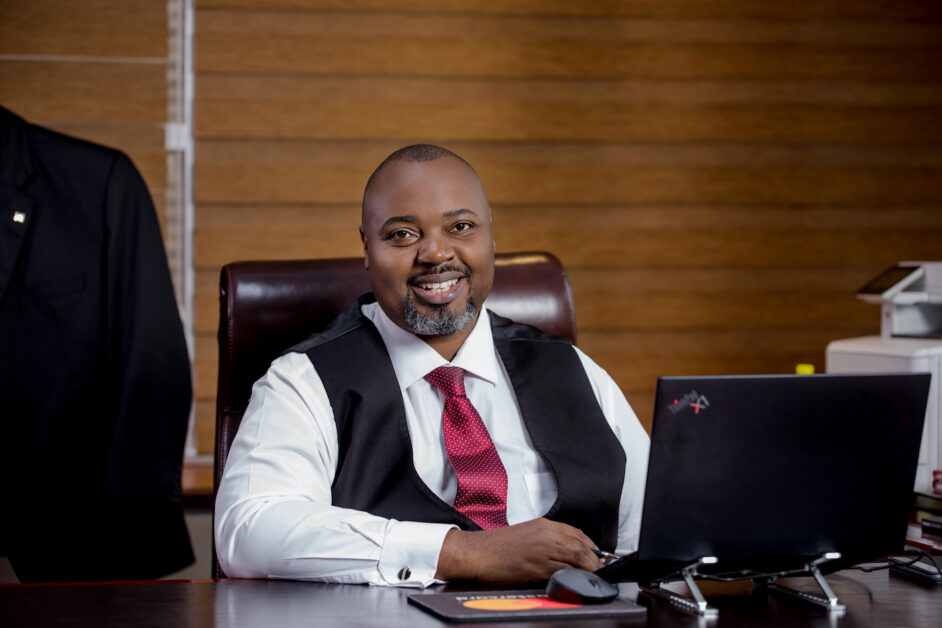The interview takes place against a backdrop of significant positive performance, as reported in the 2022 published financials. Equity Bank Uganda, registered significant growth, reporting a 32% growth in customer…
Q&A: Equity Bank’s Anthony Kituuka, talks about doing well while doing good and a digitally-led inclusive ambition to 5 million customers by end of 2025

Anthony Kituuka, Equity Bank Uganda’s Managing Director.
